CHARLOTTE, N.C., USA: Patients may be exposed to dangerous pathogens when an unsterilized bib chain is placed around their neck during dental treatment, new research has found. These bacteria include pseudomonas, E. coli and S. aureus—the most common cause of staph infections and a potential “superbug.”
Noel Kelsch, researcher and author on national infection control, registered dental hygienist and former President of the California Dental Hygienists’ Association, conducted a study on various types of dental chains and clips after seeing debris falling from a chain she had planned to use to protect her uniform at lunch. The results of the study were published in RDH Magazine, a trade publication for dental hygienists.
Crosscontamination, the transfer of harmful bacteria from one person, object or place to another, can occur when a bib chain ‘grabs’ onto hair or accumulates patients’ sweat, make-up and discharge from neck acne, not to mention the oral materials that spray out of the mouth. During a dental cleaning, saliva, plaque and even blood can come in contact with the bib and chain. These types of contaminants can find their way into the human system if the patient or one of the dental workers has contact with them. For example, if the patient touches her neck after a dental visit and then rubs an eye, she may have just crosscontaminated.
“Studies have shown the more cracks, crevices and indentations on a bib chain, the higher the bacterial count. The problem with this when we use the same bib chain with patient, after patient, after patient, the accumulation creates a risk for crosscontamination,” Kelsch said.
One study the dental hygienist conducted involved taking samples of bacteria found in a bathroom at a major US airport and comparing this to the bacteria found on a used bib clip. “By looking at a bathroom floor at a busy airport, and looking at this bib chain, we got about the same level of bacteria in both of them. This is a risk that everyone needs to be aware of,” Kelsch explained.
However, she found that disposable clips and holders opened for each patient were free from contaminants and posed no crosscontamination threat. Kelsch encourages patients to insist that their dentist use a disposable bib holder, instead of a bib clip. According to her, in addition to providing patients with a safer dental visit, disposable dental bib holders are critical tools in the fight against creating more “superbugs.”
Kelsch’s findings echoed those of a study conducted by the University of North Carolina at Chapel Hill’s School of Dentistry Oral Microbiology Lab, which found that bib chains and clips are potential sources of contamination. In sampling 50 bib clips from various hygiene and dental operations, researchers discovered that one in five bib clips were contaminated with “significant microorganisms,” according to an article in the Dental Health Magazine.
NEW YORK, N.Y., USA: Keystone Industries took part in a special day in rural Pennsylvania. “Jay Day” is an annual event during which Robert ...
Abstract: This case report aims to present a clinical case in which periapical surgery with root-end filling was performed with the use of new ...
The phrase “pain in the neck” is probably not just used metaphorically by most dentists. In fact, studies in recent years have shown upwards of 75 ...
Charlotte, N.C., US: Dentsply Sirona has recently announced that Tony Johnson has been appointed as chief supply chain officer, effective 28 November. He ...
LOMA LINDA, Calif., USA: The indications and versatility of dental implants have increased, and so have complications. Researchers from the Loma Linda ...
ATLANTA, USA: Many dental professionals who had a few extra minutes to spare at the recent Hinman Meeting stopped by and visited the Foundation for Hospital...
Henry Schein’s fourth annual THRIVELIVE returns to Las Vegas from April 30 to May 3, offering dental teams a unique educational experience. Held at ...
CLEVELAND, Ohio, USA: A recent study has investigated the association between periodontitis and women's health issues. The researchers focused on adverse ...
NEW YORK, USA/LEIPZIG, Germany: According to the US website Asbestos.net, dentist should be more aware of the hazards arising from asbestos. High ...
Dr. Josh Todd is a dual board-certified general dentist and endodontist in Pensacola, Fla. Dental Tribune US sat down with him to get his thoughts on the ...
Live webinar
Tue. 3 March 2026
11:00 AM EST (New York)
Dr. Omar Lugo Cirujano Maxilofacial
Live webinar
Tue. 3 March 2026
8:00 PM EST (New York)
Dr. Vasiliki Maseli DDS, MS, EdM
Live webinar
Wed. 4 March 2026
12:00 PM EST (New York)
Munther Sulieman LDS RCS (Eng) BDS (Lond) MSc PhD
Live webinar
Wed. 4 March 2026
1:00 PM EST (New York)
Live webinar
Fri. 6 March 2026
3:00 AM EST (New York)
Live webinar
Tue. 10 March 2026
4:00 AM EST (New York)
Assoc. Prof. Aaron Davis, Prof. Sarah Baker



 Austria / Österreich
Austria / Österreich
 Bosnia and Herzegovina / Босна и Херцеговина
Bosnia and Herzegovina / Босна и Херцеговина
 Bulgaria / България
Bulgaria / България
 Croatia / Hrvatska
Croatia / Hrvatska
 Czech Republic & Slovakia / Česká republika & Slovensko
Czech Republic & Slovakia / Česká republika & Slovensko
 France / France
France / France
 Germany / Deutschland
Germany / Deutschland
 Greece / ΕΛΛΑΔΑ
Greece / ΕΛΛΑΔΑ
 Hungary / Hungary
Hungary / Hungary
 Italy / Italia
Italy / Italia
 Netherlands / Nederland
Netherlands / Nederland
 Nordic / Nordic
Nordic / Nordic
 Poland / Polska
Poland / Polska
 Portugal / Portugal
Portugal / Portugal
 Romania & Moldova / România & Moldova
Romania & Moldova / România & Moldova
 Slovenia / Slovenija
Slovenia / Slovenija
 Serbia & Montenegro / Србија и Црна Гора
Serbia & Montenegro / Србија и Црна Гора
 Spain / España
Spain / España
 Switzerland / Schweiz
Switzerland / Schweiz
 Turkey / Türkiye
Turkey / Türkiye
 UK & Ireland / UK & Ireland
UK & Ireland / UK & Ireland
 International / International
International / International
 Brazil / Brasil
Brazil / Brasil
 Canada / Canada
Canada / Canada
 Latin America / Latinoamérica
Latin America / Latinoamérica
 China / 中国
China / 中国
 India / भारत गणराज्य
India / भारत गणराज्य
 Pakistan / Pākistān
Pakistan / Pākistān
 Vietnam / Việt Nam
Vietnam / Việt Nam
 ASEAN / ASEAN
ASEAN / ASEAN
 Israel / מְדִינַת יִשְׂרָאֵל
Israel / מְדִינַת יִשְׂרָאֵל
 Algeria, Morocco & Tunisia / الجزائر والمغرب وتونس
Algeria, Morocco & Tunisia / الجزائر والمغرب وتونس
 Middle East / Middle East
Middle East / Middle East
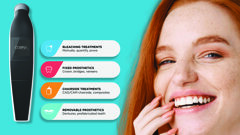


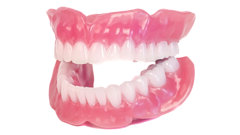
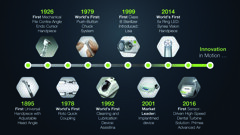






















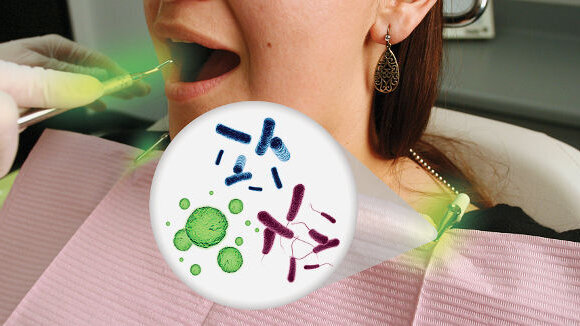



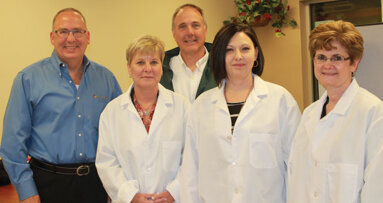
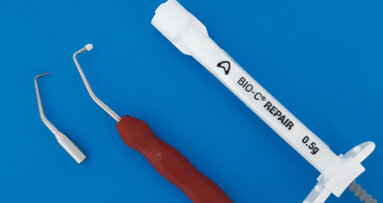
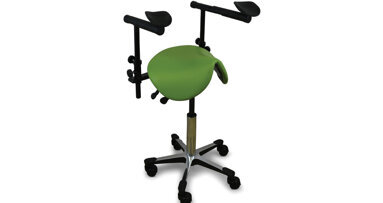

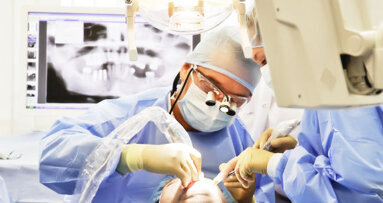


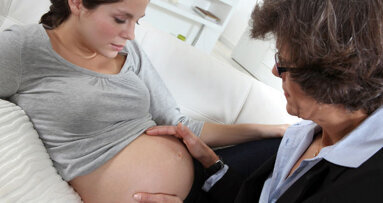
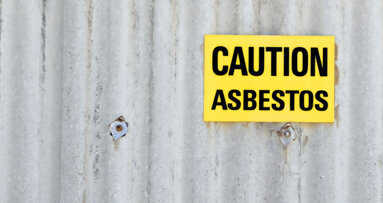
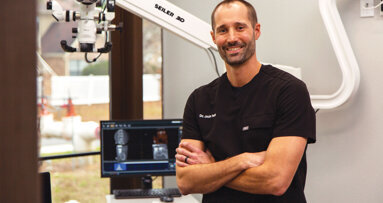

















To post a reply please login or register